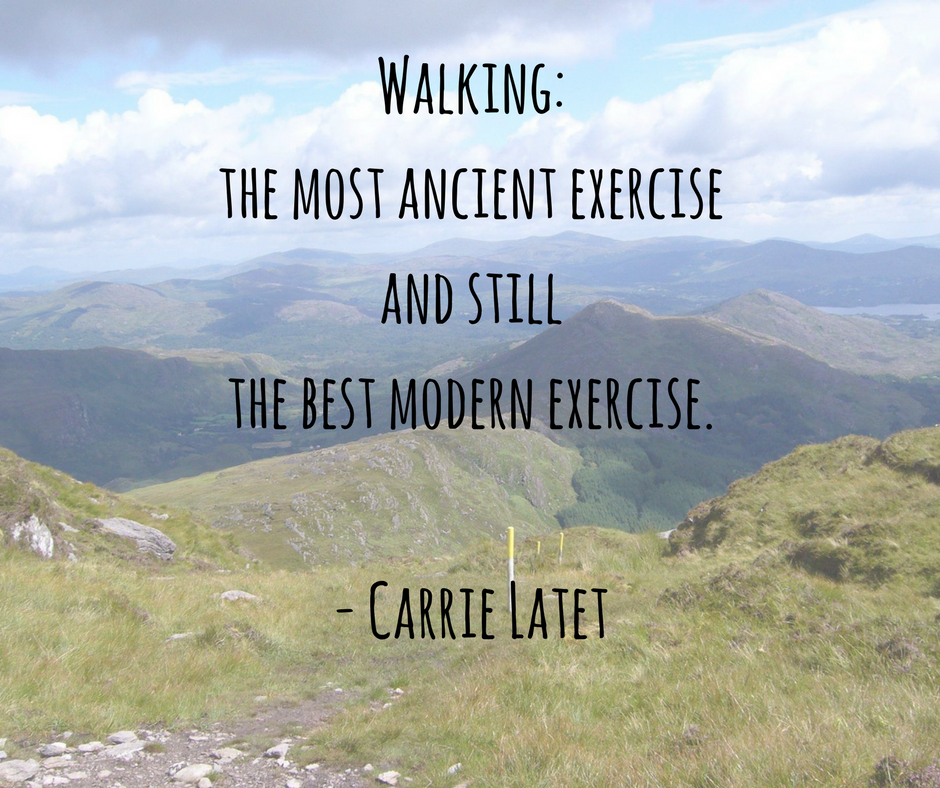Greetings, League of Wildness!
I hope your new year is off to a wild start! I am not a “resolutioner” but I do like to use the new year to revisit the fundamentals of my daily routine and see where I can make improvements. The other day I ran across this study which suggests nearly 50% of the entire human population does not get enough water intake on a regular basis. Many of us are chronically dehydrated despite having easy access to clean water.
The study's conclusion is that chronic dehydration can cause faster biological aging, and potentially increase the risk of disease and even early death. “Biologial aging” means whether your body is aging at the rate expected for your chronological age. High sodium levels in the blood can cause the aging process to accelerate, leading to the development of disease long before we would typically expect. Ensuring that we drink enough water helps to keep our sodium levels in a normal range. With proper blood volume and thickness, sodium levels are less likely to concentrate and cause harm.
How much should I drink?
I usually aim for three liters of water per day but in the winter I struggle to keep up. The busier I am, the less I drink and I can feel it later in the day. My eyes get dry, I feel stiff, and I get more frequent headaches. Since the start of the year, I have been using an app to track my water intake. In the last two weeks, I’ve noticed a big difference in how I feel when I drink enough. I have less stiffness in the morning, fewer headaches, and overall I just feel better. My energy level is higher. Drinking more also helps with itchy, dry skin that occurs due to the dry air caused by heating our homes in the winter.
The science of how much water to drink is a bit tricky. We usually hear something like, “Drink 8 cups of water a day.” But depending on your individual body needs, your activity level, and the climate you live in, you may need more or less than that. For me, that isn’t enough, most likely because the recommendation is assuming you also drink juice, milk, soda or other things. Morning coffee is what gets me out of bed, but otherwise I mostly drink water and 64 ounces in a day isn’t enough for me.
The Benefits of Proper Hydration
Our bodies are 60% water so hydration plays a crucial role in many of our body functions. These are just some of the benefits!
Digestion
Not drinking enough results in a sluggish digestive system and can lead to constipation which can come with some other unpleasant side effects. Proper hydration also ensures we can produce enough saliva which is the first step in healthy digestion. When our intestines lack enough water, our bodies can struggle to absorb the nutrients we are eating.
Joints, spine and brain health
Our joints move smoothly because they are lubricated by synovial fluid which consists of mostly water. When we are chronically dehydrated, our joints become stiff and painful. This also happens in our spinal column. I was honestly surprised by how much my morning stiffness improved just by keeping up with my water intake throughout the day.
Our brains are 75% water. It aids in the production of hormones and neurotransmitters. When we don’t drink enough, it can impact our thought processes as well as our memory recall. If you find yourself feeling tired and foggy headed, try drinking some water rather than reaching for the candy bar.
Kidney and urinary tract health
Our kidneys are vital to our health. They not only rid our bodies of waste but they also cleanse the blood of naturally occuring toxins. Our kidneys are often involved in processing any medications we take, and being dehydrated can impact the function of those medications. Antibiotics, for example, are processed in the kidneys. If you do not have enough water on board, the antibiotics may be less effective.
Drinking enough water can also help prevent kidney stones and gallstones, so if you need some extra motivation, keep that one in mind. The number one cause of kidney stones per the National Institute of Diabetes and Digestive and Kidney Diseases is a lack of water.
You can get an idea of whether you are drinking enough (or too much) by doing some investigation after you use the bathroom. If your urine is dark colored, you are not drinking enough water. If it is completely clear, you may be drinking a bit too much. Too much water can flush needed vitamins and minerals from the body before it has a chance to absorb them. Urine should be a light straw color, mostly clear with a hint of yellow. Dehydration can also lead to urinary tract infections which may lead to more serious bladder and kidney infections.
It is possible to drink too much water. Extremely high water intake can lead to hyponatremia which means the sodium in your blood get diluted and your kidneys cannot process all the water. It is a life-threatening condition.
Cardiovascular Health
Our blood is about 85% water, and it is responsible for carrying electrolytes like potassium and sodium throughout the body. The heart relies on those minerals for proper functioning and dehydration can result in blood that is thicker which can concentrate the balance of electrolytes. Improper electrolyte balance impacts brain, heart and other muscle function. Lack of water can also contribute to low blood volume which can lead to low blood pressure and dizzy spells.
Skin and eye health
Hydration can have a major impact on our skin health. We often don’t think about it, but our skin is our first line of defense against bacteria and other germs. Just like our guts, our skin biome contains both good and bad bacteria. Dry skin can lead to an overgrowth of bad bacteria, leading to a less effective skin defense against germs. Chronic dehydration can also lead to the early development of wrinkles.
Our eyes are very sensitive to dehydration and become dry and scratchy quickly. This actually has an immediate, temporary effect on our vision, leading to blurriness and difficulty focusing. Dry eyes can also lead to excessive rubbing which can lead to eye injury.
Signs of Dehydration
How do you know if you aren’t drinking enough? Even with only a small deficit (2%) of water, you may experience:
Fatigue
Brain Fog
Memory problems
Mood changes
Joint pain and stiffness
Dry, itchy skin
Dry eyes
Thirst is not often not a reliable way to know when you need to drink. If you find yourself thirsty, there is a good chance you are already becoming dehydrated. Thirst means, “Hey, you aren’t paying attention, so here’s a louder signal.” As we age, our interoception tends to be less reliable. Interoception is how we sense what our body needs. It’s how we know when to eat, drink, and use the bathroom. Poor interoception in older populations can cause more severe dehydration, as they are unable to recognize thirst. This can led to an increased in UTIs and other related problems, which in older people can quickly become life-threatening septic infections.
The type of diet you follow can also impact your hydration levels. It is very common for those on high-protein or ketogenic diets to need to increase their water intake. Keto diets especially tend to flush the body of its water stores. Part of the reason our body stores water is because processing carbohydrates requires a lot of water. In the absence of carbs, the body will flush water stores which can lead to sudden dehydration.
Water is life
Water is truly vital to almost every function and structure within our bodies. Many of us are chronically, mildly dehydrated without realizing it. If you suffer from headaches, joint stiffness, dry eyes, dry skin, muscle soreness, brain fog or memory issues, consider increasing your water intake and tracking it to see if you notice changes.
Resources
Great info from Harvard on the basics of what we need for water and signs of dehydration
A good article discussing the variety of recommendations made for healthy adult water intake
Apps that can help you track your water intake:
Water Llama, Water Minder, Daily Water Tracker Reminder, Aqua Alert (there are others so check around for one that works best for your needs)
Make it a wild weekend!
-Kim


Leave a comment
This site is protected by hCaptcha and the hCaptcha Privacy Policy and Terms of Service apply.